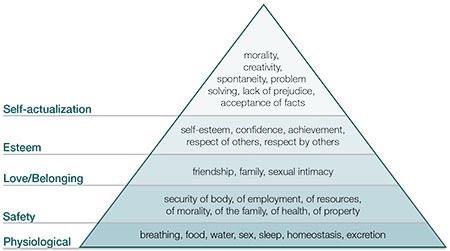Great Family Leaders
Date:
Nov 5, 2015

Stop for a moment and think about the leaders in your world. Consider friends, family members, teachers, colleagues and business partners. Which of these people would you consider to be the "best” leaders? Who stands out and what makes them stand out above others?
Perhaps it's because they show you they care about you as a person, or because they are authentic, honest, trustworthy and reliable. Maybe they listen to you in a way that you feel heard. Maybe they believe in you, challenge you in a good way and, above all else, have your back. Perhaps it's because they are able to balance their interpersonal skills with their need for results. Quite possibly, they are humble, willing to get into the trenches with you and help you through the tough times. Perhaps they are visionary or realistically optimistic.
Families who successfully maintain their wealth, surviving and thriving through three generations and more, are those who are blessed with great family leaders.
Great family leadership demands emotional intelligence. The critical combination of self-awareness and strong interpersonal skills includes good verbal and non-verbal communication, listening and questioning skills, manners, problem solving abilities, social awareness (being in-tune with others’ emotions), self-management (emotional control), responsibility and accountability, and assertiveness (standing up for what and who you believe in).
Leading a family also involves helping everyone in the family to meet Maslow’s Hierarchy of Needs, that pyramid of physiological, psychological and emotional needs beginning at the very basic level of food and shelter and ascending to a goal of self-actualization. When family members question their safety and security, decisions often are made from an emotional standpoint based on insecurity.

Maslow's Hierarchy of Needs (Source: Maslow's Hierarchy of Needs, Psychological Review "A Theory of Human Motivation," 1943)
Great family leaders can emerge from any generation. They are family members who can help defuse fears by applying their emotional intelligence and empathy to encourage honest, authentic communication, create a sense of love and belonging, show respect for every family member, adhere to the family’s core values, practice continuous self-development and encourage others to do the same.
----------
Amy Zehnder, Ph.D., is a Senior Wealth Dynamics Coach for Ascent Private Capital Management of U.S. Bank. Amy often facilitates workshops on the impact of money on family members, family values, communication, decision making and overcoming the taboo of speaking about money.